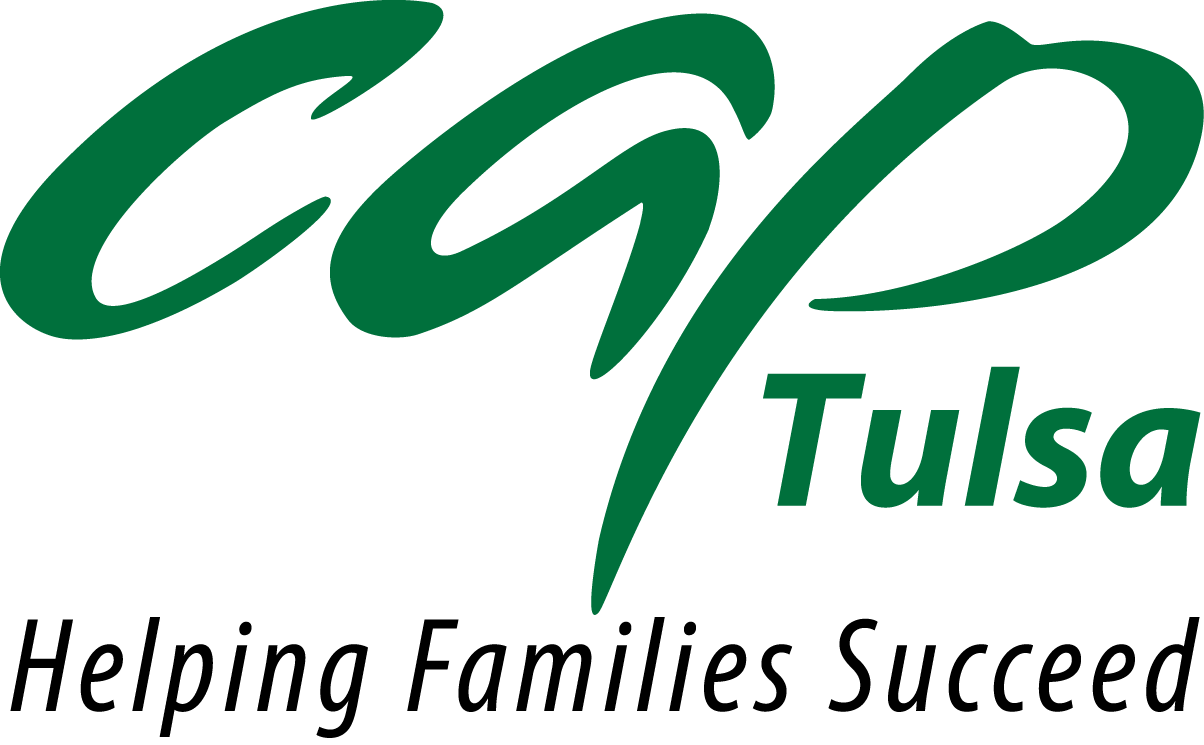Another thing that caught my eye in that NY Times story was this tidbit:
Alexandria Wallace grew up in a middle-class home topped by Spanish tile, with a swimming pool out back and a view of jagged reddish mountains. Her decline from work to welfare began in the spring of 2009.
She was working three days a week at a call center for Verizon Wireless, earning about $9.50 an hour while attending beauty school at night to earn a license as a cosmetologist. She aimed to use earnings from that profession as a springboard to nursing school.
It’s great that Alexandria has a plan in mind for how to climb up the economic ladder, but it seems to me that she (and others like her that I’ve met) could use some pretty basic career guidance. You see, there’s no reason to start with Cosmetology and then use that to pay her way through nursing school. Instead, Alexandria could be training to become a Certified Nursing Assistant, where she could be getting some health care experience and quite possibly have an employer that will sponsor her as she later attends nursing school to become a Licensed Practical Nurse or Registered Nurse. In Tulsa, training to become a CNA takes far less time than cosmetology school and results in roughly the same pay (roughly $10/hour). In fact, in the same amount of hours is takes to complete Tulsa Technology Center’s cosmetology program, Alexandria could have completed their Licensed Practical Nursing program and be earning almost $16/hour.
Even when someone has a vision for where they want to go in their career, they often don’t know how to get there. And not only do they not know how, they end up taking steps that are unnecessary and in fact make it more difficult to get there – by attending high-cost proprietary schools, enrolling in the wrong classes, or taking on student loans before using federal financial aid such as Pell. Those missteps ultimately frustrate students – particularly adult learners and first generation college students – with the whole educational process. Good, clear career guidance – illustrating career ladders, comparative length of training, and wages – can go such a long way.

![CareerAdvance%20logo[1]](https://tulsainitiative.files.wordpress.com/2009/08/careeradvance20logo1.jpg?w=300&h=65) The Tulsa World
The Tulsa World ![CareerAdvance%20logo[1] CareerAdvance%20logo[1]](https://tulsainitiative.files.wordpress.com/2009/08/careeradvance20logo1.jpg?w=500) The Tulsa Initiative is getting set to launch a new pilot program to help our Head Start and Early Head Start parents advance their careers and secure a better economic future for their families.
The Tulsa Initiative is getting set to launch a new pilot program to help our Head Start and Early Head Start parents advance their careers and secure a better economic future for their families.
